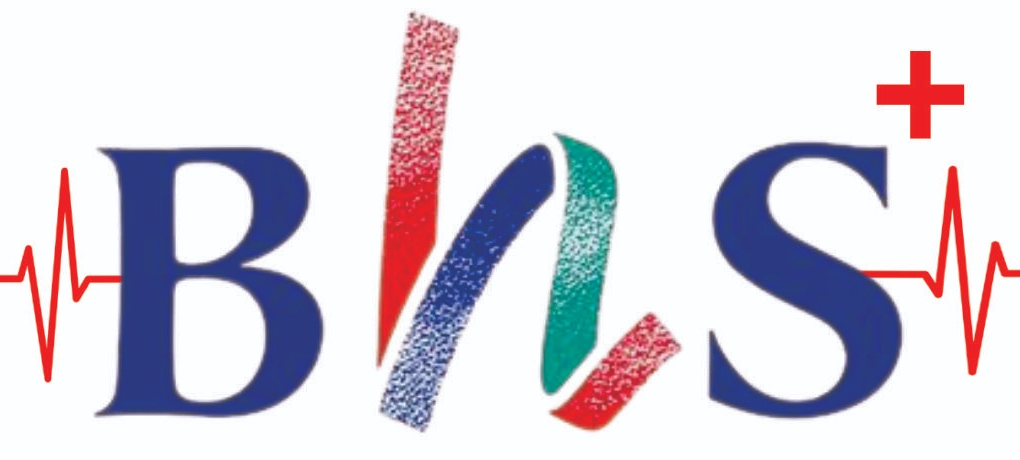- + 91 9900821600
- contact@balajihealthcareservices.in
- Rajajinagar, Bangalore
Essential Aspects of Care for Parkinson’s Disease
Emphasizes the fundamental elements required to provide comprehensive and effective care for individuals living with Parkinson’s disease, covering various medical, therapeutic, and support interventions to enhance their well-being and quality of life.
Medication Management
Neurologist Consultations
Mental Health
Support
Physical Therapy
Speech Therapy
Medication Timing
Occupational Therapy
Supportive Devices
Exercise Programs
Promoting Self-Sufficiency
Enhanced Quality of Life
Psychological and Social Interventions
Ensuring Safety and Preventive Measures
Rated 4.9/5 by Customers
Essential Components of Parkinson’s Rehabilitation
Represents the pivotal components integral to BHSC’s Parkinson’s rehabilitation program, encompassing therapies, exercises, psychological support, and medical interventions aimed at improving patients’ quality of life and functional independence.
Parkinson’s Rehabilitation at BHSC focuses on helping individuals regain and maintain their functional independence. This includes therapies and exercises aimed at improving mobility and daily living skills.
Safety is a top priority. The program incorporates strategies and exercises to prevent falls and injuries, which can be more common among individuals with Parkinson’s disease.
The program recognizes the importance of psychological and social support. Psychosocial interventions may include counseling, support groups, and strategies to address emotional challenges associated with the condition.
Parkinson’s Rehabilitation at BHSC may involve medical treatments tailored to the individual’s needs. Medications and other clinical therapies are employed to manage and alleviate symptoms.
The ultimate goal is to enhance the quality of life for individuals living with Parkinson’s disease. This is achieved through a holistic approach that addresses physical, emotional, and social aspects of well-being.
Choosing BHSC Rehabilitation for Parkinson’s Care?
BHSC boasts a team of healthcare professionals with specialized knowledge and experience in Parkinson’s care, ensuring that individuals receive the highest standard of care tailored to their unique needs.
BHSC’s Parkinson’s care program is comprehensive, addressing a wide range of symptoms and challenges associated with the condition, encompassing both motor and non-motor aspects.
BHSC prioritizes individualized care plans, taking into account the specific requirements and goals of each patient, making the care highly personalized.
The facility offers cutting-edge therapies and interventions, including the latest in physical therapy and speech therapy, enabling individuals to access state-of-the-art treatments.
Parkinson’s care at BHSC is not just about managing symptoms but also about enhancing the overall quality of life for patients.
BHSC provides a supportive and nurturing environment where patients and their families can feel comfortable and empowered throughout their journey.
Why BHSC Rehab For Spinal Cord Injury Recovery?
Tailored Treatment Plans
We create personalized plans, ensuring optimal rehabilitation tailored to each person’s unique condition and preferences.
Spinal Strengthening Exercises
Targeted exercises enhance spinal muscle strength, vital for overall spinal health and functional recovery.
Advanced Physiotherapy
Our techniques, including manual therapy and assistive device training, cater to diverse spinal injury needs.
Doctors
Happy Patients
Medical Beds
Introduction to Parkinson’s Rehabilitation
Parkinson’s Rehabilitation is a specialized program designed to address the unique needs of individuals living with Parkinson’s disease. This comprehensive approach aims to improve the quality of life, independence, and overall well-being of those affected by this progressive neurological condition. Parkinson’s disease can lead to a range of motor and non-motor symptoms, impacting a person’s ability to perform daily activities and maintain their independence.
Parkinson’s Rehabilitation encompasses a multidisciplinary approach, involving a team of healthcare professionals, including physical therapists, occupational therapists, speech therapists, and mental health specialists. The program focuses on enhancing mobility, managing symptoms, and addressing psychological and social aspects of the condition. It may include tailored exercise routines, medication management, counselling, and strategies to maintain functional independence.
The ultimate goal of Parkinson’s Rehabilitation is to empower individuals with Parkinson’s disease to lead fulfilling lives by effectively managing their condition and maximizing their physical and emotional well-being. This introduction highlights the importance of a holistic and patient-centred approach in addressing the challenges posed by Parkinson’s disease.
Benefits Of Parkinson’s Care
Parkinson’s care aims to enhance the overall well-being of individuals by addressing both motor and non-motor symptoms, leading to an improved quality of life.
Through physical therapy and exercise programs, care helps individuals regain and maintain their mobility, reducing the impact of motor symptoms.
Care includes monitoring and optimizing medication regimens to better control symptoms and minimize side effects.
Individuals receive emotional support, counseling, and strategies to cope with mood changes and cognitive challenges associated with Parkinson’s disease.
Speech therapy and interventions address difficulties in communication and swallowing, improving daily life.
By implementing fall prevention measures and other safety strategies, care reduces the risk of injuries and complications.
Care programs empower individuals with knowledge and strategies to actively participate in their care and make informed decisions.
Support groups and community resources facilitate social interaction and provide a sense of belonging.
Care helps manage co-existing health conditions, such as high blood pressure or diabetes, which can impact Parkinson’s symptoms.
Frequently Asked Questions and Answers for Spine Care
Spinal injuries often result from accidents, falls, sports-related incidents, or specific medical conditions. Trauma or damage to the spine can lead to these injuries.
Treatment includes a comprehensive approach, such as medical management, rehabilitation therapies, assistive devices, and psychological support. The aim is to improve functioning and enhance the quality of life for individuals with spinal cord injuries.
While current treatments focus on rehabilitation and improving quality of life, complete reversal of spinal cord injuries remains a challenge. However, rehabilitation can help in minimizing complications and enhancing mobility.
The severity of spinal cord injuries varies. Some may lead to temporary impairments, while severe cases can result in permanent paralysis. The extent of the injury determines its permanency.
Recovery periods differ based on the nature and extent of the injury. Some individuals experience improvements within weeks or months, while others may take longer or require ongoing care and therapy.
Spinal rehabilitation aims to enhance mobility, manage pain, strengthen the spine, improve respiratory function, and prevent secondary complications. It helps in optimizing overall spinal health and function.




